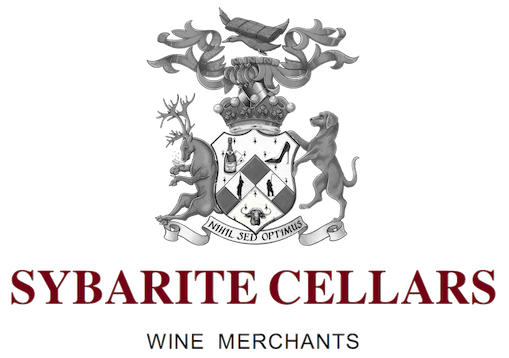Charity Donations
Following our sustainability believes we contribute funds, and often practical input, from sales of various products to the following organisations and projects:
(CD) Charity Donations - View products
Big Life Foundation
• Elephant Gin & Tusker Lager (Kenya)
If half of Sybarite’s heart is in the bottle then the other half is in African wildlife conservation.
The Elephant Gin brand contributes 15% of all profits to Big Life Foundation, to support the preservation of African wildlife - Sybarite Cellars will contribute a further 15% of sale order profits from Elephant Gin and Tusker Lager to support associated African Elephant conservation projects.
Big Life Foundation is an anti-poaching organisation that employs over 280 rangers protecting two million acres of wilderness in the Amboseli-Tsavo ecosystem of East Africa (just north of Mount Kilimanjaro) through innovative conservation strategies that address the greatest threats while - at the same time - satisfying the economic interests of the resident Maasai people in ways that improve the quality of life for the entire community.
Snow Leopard Community-Based Conservation
Sybarite Cellars will donate 15% of Snow Leopard Vodka profits to snow leopard conservation projects where community-based hunting programs are in place to manage ungulate species1, the snow leopard key prey species i.e. primary food sources.
There are many Snow Leopard conservation success stories and studies, where the social-economic and conservation benefits from community-based hunting programs have increased Snow Leopard populations2 3 4.
This is primarily due to incentivising local communities to stop the killing snow leopards after livestock predation, disincentivize poaching of ungulate species1 whereby increasing snow leopard primary food sources, and to utilise conservation hunting1 fees as an incentive to protect the wild sustainable food resource and maintain population management programs.
1 The selected hunting of over mature wild ungulate male animal, leaving younger animals and females to reproduce.
Ungulate species: Markhor (Capra falconeri); Flare-horned Markhor (Capra falconeri falconeri); Marco Polo sheep (Ovis ammon polii) - subspecies of argali sheep; and Siberian, Himalayan or Asiatic Ibex (Capra sibirica). For further information, please see the Sybarite Sporting website.
2 ALI, H. & others (2015) Socio-economic benefits of community-based trophy hunting programs. Environmental Economics 6(1), 9-17
“…..hunting is a wildlife conservation tool widely recognised and accepted for the conservation and protection of the wild resources by local communities through incentives in the form of hunting fees, providing sustainable food harvesting and population management.”
3 KACHEL, S. & others (2016) Investigating the potential impact of trophy hunting of wild ungulates on snow leopard (Panthera uncia) conservation in Tajikistan. Department of Entomology and Wildlife Ecology, University of Delaware 1-8
4 KKARIMOV, K. (2019) Community-based trophy hunting of Ibex and Markhor in Tajikistan. CITES & Livelihoods Case Study 1-7. Advisor to ‘Association of the Nature Conservation Organisations of Tajikistan’
“The conservation impacts of community-based management and associated trophy hunting have been positive for populations of the hunted species of Ibex and Markhor, and also for their key predator snow leopard.”



